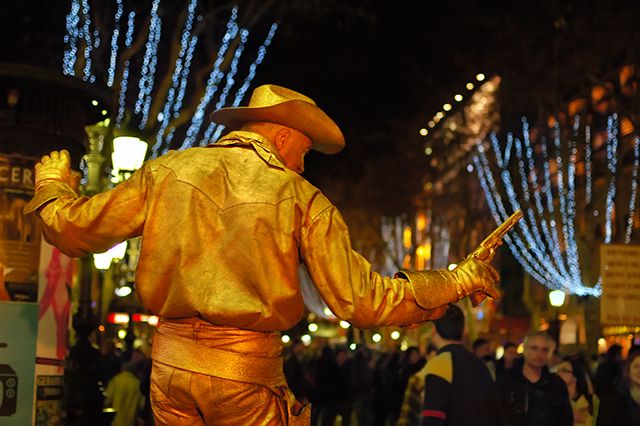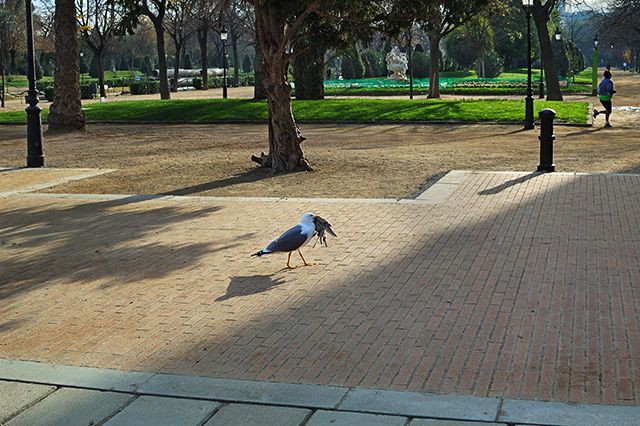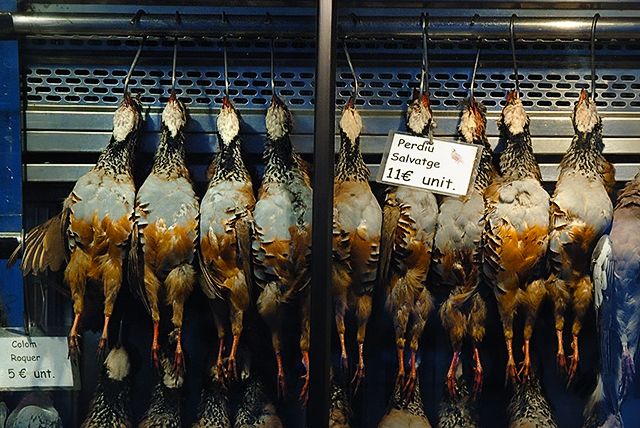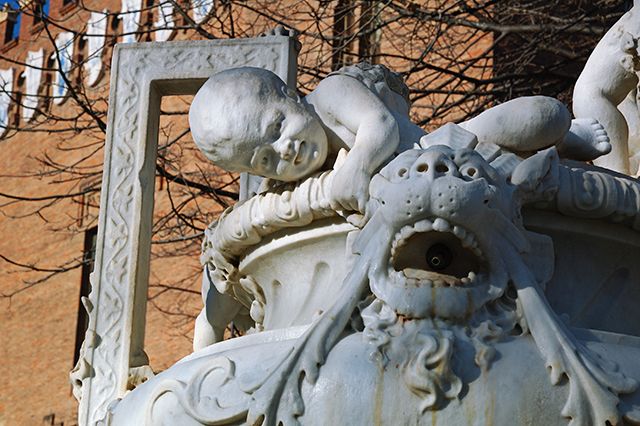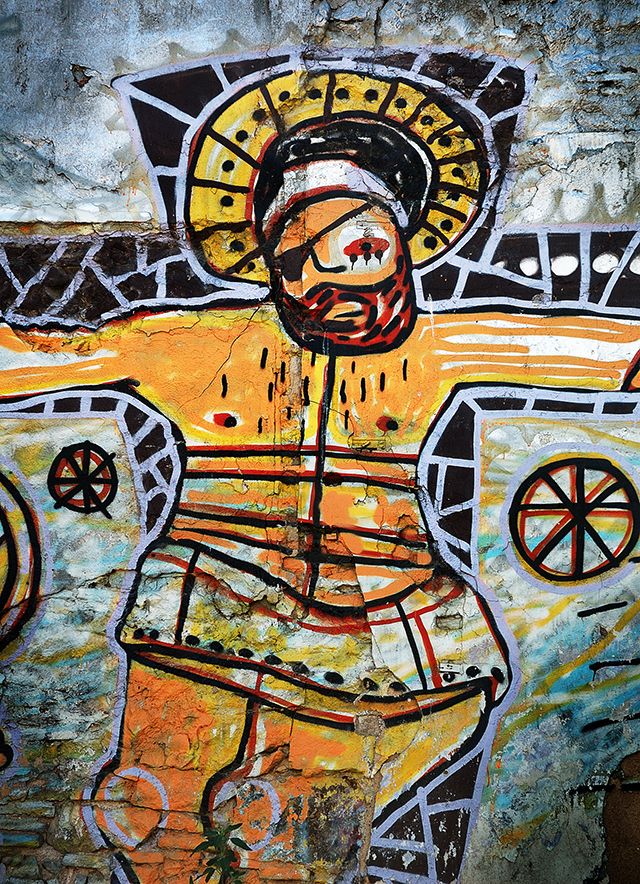
Crucified for defending the poor, the sick, the hungry, his image prevails in the memory of mankind. He was just a man victim of his own ideas, a revolutionary that renounced to the flesh in the name of his faith to become an eternal soul, an immortal message embedded in every heart. You may believe in the miracle or not, you may skip all that was written later on, but the fact is someone was killed that day apparently for nothing but for everyone at the same time and the account of such deeds still endures the pass of time cause that human existence is not what matters anymore but the act as such, his sacrifice for the love of others.
It is true that there is some sort of flame in you, something that makes you feel right when you defend the poor, the sick, the hungry whether you are a believer or an atheist. You can call it humanity or religiousness. I cannot give you an explanation but I am glad there is something after all, if not, life would be totally meaningless. On this Christmas day I leave you with this graffiti of a crucifix on a decayed wall in hope you remember those who need your help. Nice holidays my friends.
